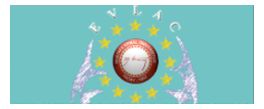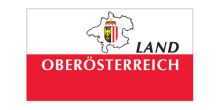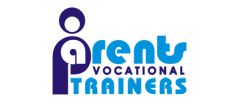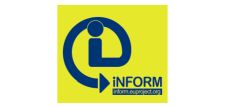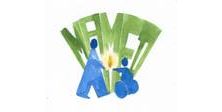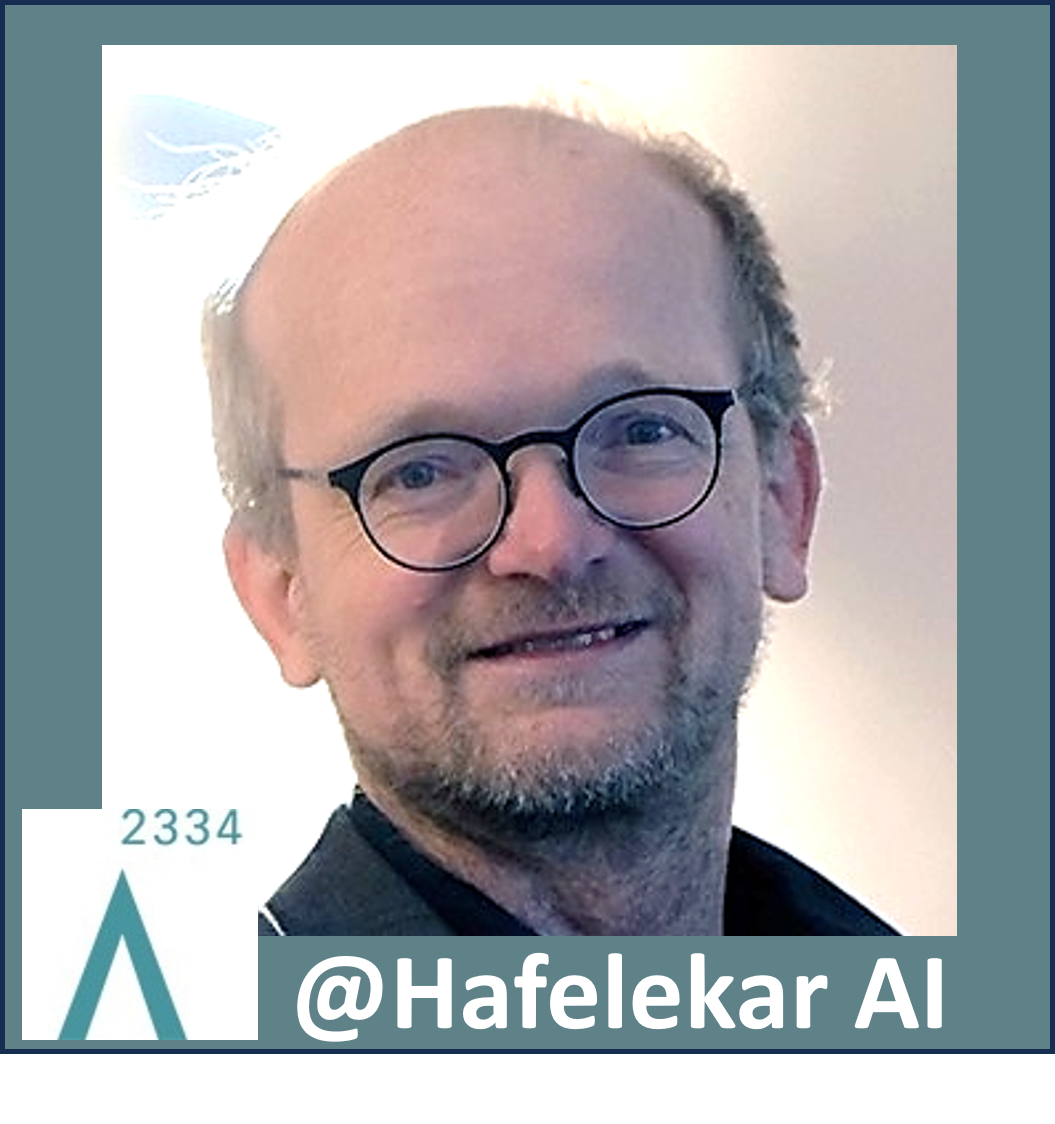
Remove entry barriers to the labour market!
The Project aims to identify barriers for young migrants – from 15 to 24 years – and to (re-)integrate them into the labour market. By transferring and adapting the JOIN IN A JOB! method in the partner countries many coaches and career guidance officers should learn and apply the method. The aim is (re-)integration in the labour market.
JOIN IN A JOB! contains a career guidance method set developed specially for working with young migrants. A resource and competence oriented process combines questionnaires and diagnostic tools to guide clients on their way to a job or further education. The method consists of three stages depending on the individual client’s need:
Initial Assessment – need for information:
providing basic information about how to find a job or an apprenticeship, shaping main goals.
Intense Assessment – need for guidance and care:
providing individual advice in areas of need (e.g. legal, housing, migration aspects) and an empowering set of tools within the Job Box for career guidance.
Job Box – need for career guidance:
a further intense assessment, dealing with case management and professional care in situations where social integration of the individual has to be set as a first step. This comprehensive volume of handouts, instructions, case studies and documents help to create an individual training and education portfolio including clients informal and non-formal competences.
Results
- An edited fieldbook provides the basic for the proper use of the instruments, contains contributions by the partners regarding their training activities, phases and impacts on VET systems
- Trainings for master coaches and career guidance officers to transfer and use the counselling method
- National reports, web site and communication platform
Project duration
October 2008 till September 2010
Publication and Web

Paul Schober
Join in a Job!
Practitioner’s manual. A career guidance method for migrants
ISBN 978-3-7065-4971-4
Information by publisher
The CD_ROM attached to the book “Join In a Job! Practitioner´s manual. A career guide for migrants.” contains county-specific Tools for career guidance officers.
Project Partners
- Hafelekar Unternehmensberatung (Austria)
- ZeMiT – Zentrum für MigrantInnen in Tirol (Austria)
- Verein Multikulturell (Austria)
- BBQ Berufliche Bildung GmbH (Germany)
- Ballymum Job Centre (Ireland)
- Academy of Management (Poland)
- Cooss Marche Onlus (Italy)



